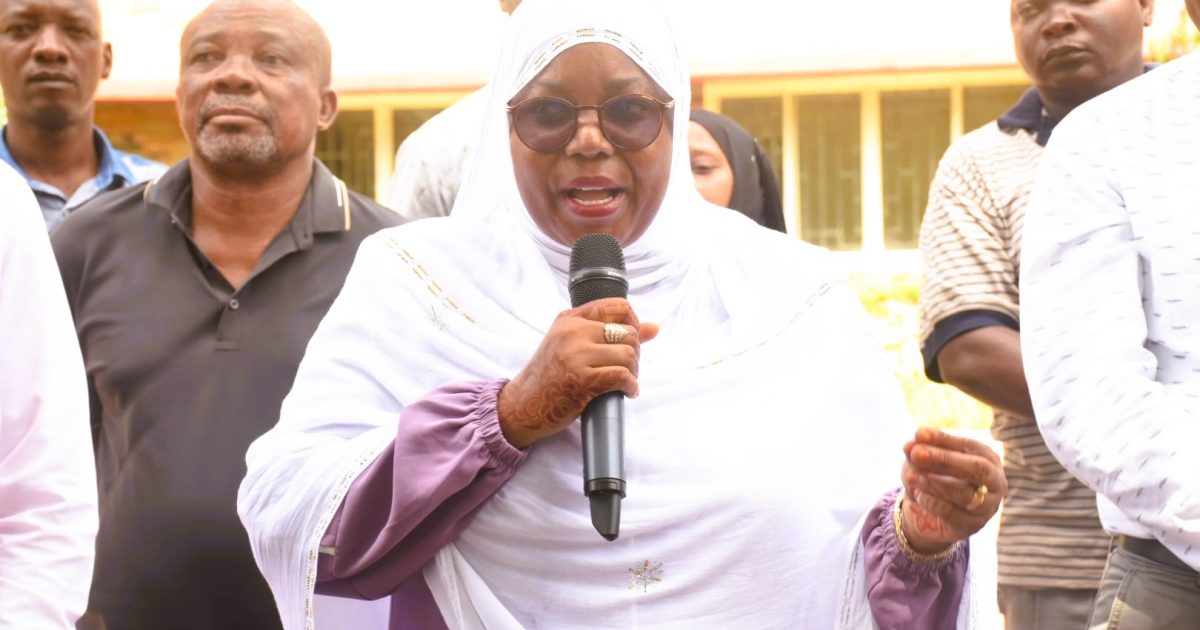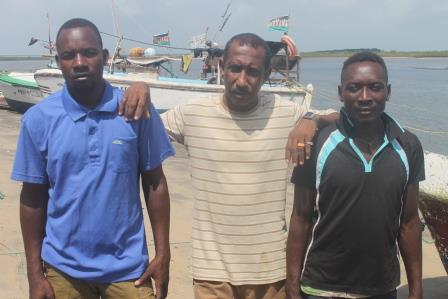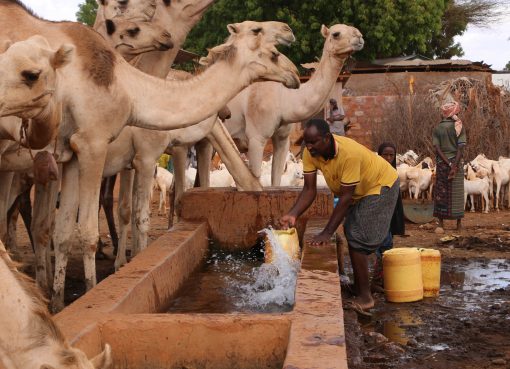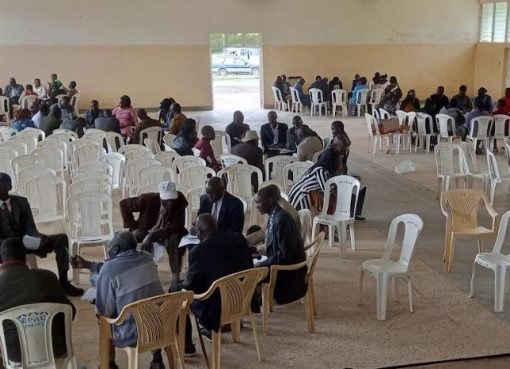Kwale county government has kicked off a hybrid gala goats distribution exercise to various farmers across the coastal county.
The gala goats’ issuance is aimed at improving local breeds in order to improve the market weights of the meat goats from 30kg to 45 kgs.
Governor Fatuma Achani said that the main objective of the project was to improve meat production for food security and household income through improvement of the meat goats’ local breeds.
Governor Achani says the hybrid gala goats will boost meat and milk production in the coastal region.
She says the gala goats will interbreed with local ones to produce high quality breeds that would produce more milk and quality meat.
Speaking at the county headquarters, Achani says the livestock distribution programme seeks to increase food and nutrition security, better market access and increase household incomes.
The coastal county boss says the bucks (male gala goats) take between 15 to 24 months to maturity.
Achani says the devolved government is committed to making sure smallholder livestock farming is prospering in the county.
She said the distribution exercise will see a total of 540 gala goats distributed to 12 wards of Kwale.
She said the administrative wards are Kinango, Ndavaya, Puma, Samburu Chengoni, MacKinnon, Mwavumbo, Kasemeni, Mwereni, Mkongani, Tsimba Golini, Kubo and Ukunda wards.
Achani accompanied by her Deputy Chirema Kombo and the County Executive Committee Member for Agriculture Roman Shera said the devolved unit is determined to create an opportunity for profitable goat farming in the region.
Achani also launched the distribution exercise of gala goats to Wanamezea and Usalama groups of Mbuguni Village in Tsimba Golini ward, Matuga Sub County.

During the exercise, a total of 228 gala goats at a cost of Sh3.6 million meant for cross breeding purposes as well as rearing of goats to increase household incomes through sale of improved meat and milk goats were distributed.
Achani said the county government would go out of its way to support the diversified breeding of better-quality livestock varieties that are disease-resistant and high-yielding.
She said the initiative was being undertaken through the Kenya Marine Fisheries and Socio-Economic Development (KEMFSED) programme under the theme “improving livelihoods of coastal communities.”
The Governor says the gala goats are fast-growing breeds with very high fertility rates compared to other local goat breeds, thus most farmers preferred them for commercial goat farming purposes.
She said the small livestock farmers in the county have since been trained in goat keeping, nutrition, breeding and disease prevention to ensure the success of the project.
Achani says this initiative aims to empower local farmers and enhance their income-generating capabilities.
“By providing livestock keepers with high-quality breeding stock, we are equipping them with the necessary resources to improve their livelihoods and contribute to the development of our county,” she said.
“We are going to scale up the goats based interventions to benefit stallholder farmers and lift many livestock keepers out of poverty,” she added.
The Governor also stressed the need for enhancing value chain development in the dairy sector at county level through production of milk products such as yogurt, cheese and butter.
Achani revealed that the purpose of the project was to improve goat production, food security and income generation through the sale of goats.
She said as the county government continued to prioritize the agricultural sector, she is confident that these initiatives would have a positive and long-lasting impact on the lives of local smallholder farmers.
Hamza Suleiman, a local farmer, said since gala goats grow larger and faster than local goats, the farmers could take the gala goats to the market sooner and sell them for good money.
He said the hybrid breeding county initiative would support farmers from a business point of view by improving the benefiting households’ income levels.
The farmer observed that the hybrid breed goat rearing would in the long run bring stability and income to farmers in Kwale.
By Hussein Abdullahi





